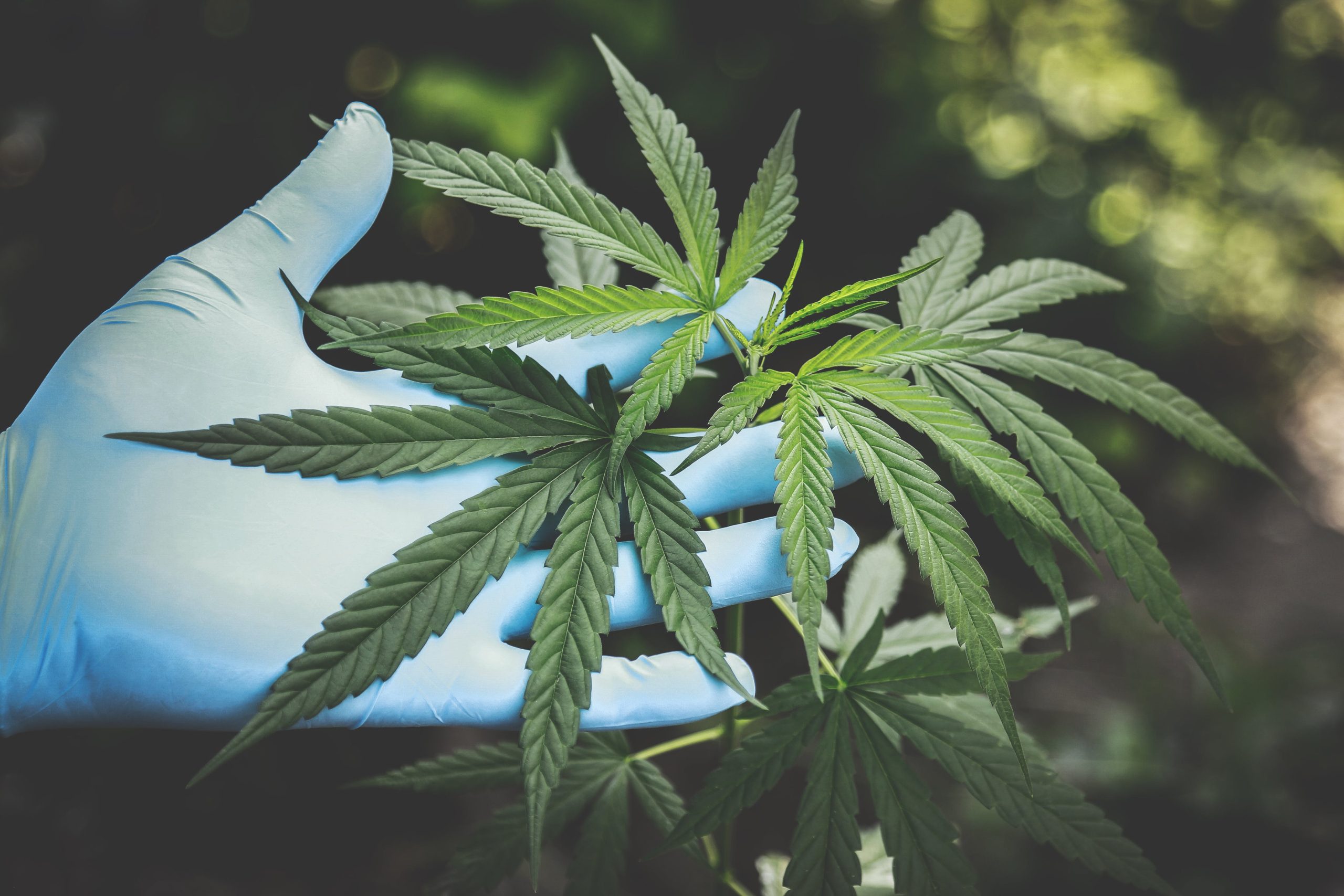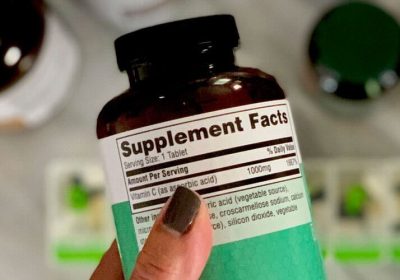Years after the feds legalized hemp, the ax is still dangling over CBD supplements despite ongoing, exciting research into all of CBD’s health benefits. We need to protect access NOW! Action Alert!
THE TOPLINE
- We’re only just beginning to scratch the surface on the benefits that CBD and other cannabinoids can have on our health, but the FDA is standing firm in its determination NOT to allow CBD in supplements.
- Part of the reason we don’t know more about CBD’s effects is because federal law in the US made it almost impossible to study CBD and other cannabinoids before the passage of the 2018 Farm Bill.
- Non-psychotropic cannabinoids like CBD work so well because they ‘speak’ to the billions of receptors of every cell of our bodies through the recently discovered endocannabinoid system.
- The coming years will tell us even more about CBD’s potential to help us ward off many of the key conditions and diseases that afflict modern society—but it may be too late if we don’t take action to protect CBD supplements today.
We are only beginning to understand the array of benefits CBD and other cannabinoids can have on human health, but the FDA is trying to make sure that the only way we can get CBD is to be prescribed it as an FDA-approved drug—a drug listed at $32,500 a year. We cannot allow Big Pharma, in concert with the FDA, to threaten our access to this natural compound.
In hundreds of studies over the last few years, CBD—short for cannabidiol, one of the hundreds of cannabinoids found in the hemp and as well as a number of other plants—has shown promise in helping with pain, neurological disorders, insomnia, seizures, anxiety, stress, antibiotic-resistant infections, and inflammation, to name just a few. This diverse array of health benefits is due to the fact that CBD interacts with the human endocannabinoid system (ECS), an entire network of receptors throughout the body that was only discovered recently and is responsible for regulating mood, pain, and immune responses.
There’s no doubt that the agency wants to ban CBD when delivered in dietary supplements—so it can secure it, along with its many relatives, for control by Big Pharma. Last January the FDA released a statement explaining that the “existing regulatory framework” for foods and supplements are not appropriate for CBD and that a new regulatory pathway is needed. The agency also denied three Citizens Petitions requesting the agency issue a regulation that would allow CBD to be sold as a supplement.
The FDA has affirmed the illegality of CBD as a supplement in the warning letters it has been sending out to CBD and hemp companies, though the agency seems to be focusing its enforcement on companies making health claims about CBD and hemp.
The crux of the matter, of course, is that CBD has been approved as a drug to treat a rare form of epilepsy. If a natural compound is investigated as a drug before it is sold as a supplement, FDA rules dictate that the compound can no longer be sold as a supplement.
The FDA has also raised the issue of safety, claiming that CBD has the potential to harm the liver and the reproductive system, in addition to concerns for vulnerable populations such as children and pregnant women. You can read our rebuttal to those safety concerns here.
This “back-channel” that turns natural compounds into drugs is a big problem that threatens many natural ingredients, but if CBD is turned into a monopoly drug it would be a tragedy.

First, we just don’t know the full range of health benefits CBD and other cannabinoids have because research has just started to pick up steam. Before the 2018 Farm Bill excluded hemp (cannabis plants with less than 0.3% THC) from the Controlled Substances Act, federal regulations made it extremely difficult to study any cannabinoids.
In a 2017 report on the health impacts of cannabis and cannabinoids, none other than the National Academies of Sciences, Engineering, and Medicine concluded that there “are specific regulatory barriers, including the classification of cannabis as a Schedule I substance, that impede the advancement of cannabis and cannabinoid research.”
When the Farm Bill passed, the research floodgates opened. In PubMed, from 2018 to the present, you’ll find around 6,000 results when you search “CBD.” From 2017 to 1924, as far back in time as PubMed goes, there are 5,810 results when you search “CBD.” In six years, there were more studies on CBD than the previous century.
Because we’re playing catch-up on the research, we’ve only recently discovered the human ECS (endocannabinoid system), an entire network of receptors throughout the human body that plays a role in modulating our mood and how we feel, how we experience and respond to pain, how our immune system responds to threats, and much more. We evolved this system because we produce cannabinoids internally (endocannabinoids) especially when we in engage in moderate physical activity such as walking, cycling, swimming or engaging in others forms of rhythmic exercise. But we can expose our bodies to more still when we consume cannabinoids in some specific foods (exocannabinoids). Most of these cannabinoids, including CBD, are not psychoactive – THC being an exception – but they all offer profound benefits.
CBD and other cannabinoids interact with the ECS in a number of different ways, so it’s no wonder that research is finding CBD to have potential in such a wide variety of health conditions, exerting neuroprotective, anti-inflammatory, antioxidant, and analgesic effects. This could be a game-changer for some people. We recently covered the subject of inflammation and how chronic inflammation is the common denominator in many chronic diseases—yet inflammation is not something that is tracked by mainstream doctors.
As we continue to probe deeper into the effects of CBD and other cannabinoids on the ECS and beyond, we will likely learn even more about the host of positive health effects these natural compounds can have on the body. It would be contrary to the agency’s mission of promoting and protecting public health to put these health benefits out of reach for many people by banning CBD supplements.
Action Alert! Write to Congress in support of bills that allow the legal sale of CBD in supplements. Please send your message immediately.




Was helping my wife with her cancer before she died and helping me with my PTSD